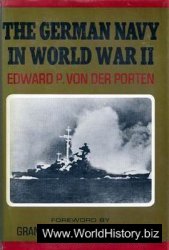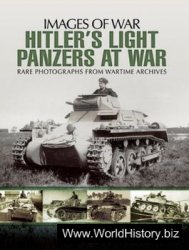The setback precipitated the next stage in the Kremlin power struggle, of which Malenkov - the spokesman for peaceful resolution of East-West conflicts - became the main victim. He had broken with Stalinist orthodoxy by proclaiming that a nuclear war would be an unmitigated disaster not only for capitalism but also for socialism, although he had subsequently recanted. British prime minister Winston Churchill considered him the best hope
For a rapprochement with Moscow, but Khrushchev more aptly described Malenkov as a good Bolshevik but without "backbone."431
The shakeup marked a victory for hardliners such as Molotov and Khrushchev, but in the longer term ensured the ascendancy of the latter and gradual demise of the former. Khrushchev held the key position of party secretary but had no experience in foreign affairs although, having been the one who had brought down Beriia, proved to be an accomplished schemer. Otherwise, he had given no more signs ofindependent thinking than Molotov, but in responding to the Western challenge in the aftermath of the Paris Agreements Khrushchev displayed a much more innovative mind.
At first, Molotov tried to deal with the challenge in the old way. Hoping to sow discord in the enemy camp, he convened a "European" security conference in Moscow, but only Soviet allies came. Reluctantly, he began to collaborate with Khrushchev on reversing policy, leading to the conclusion in May 1955 of the state treaty with Austria on less favorable terms than those Molotov had previously opposed. It provided for the withdrawal of all foreign troops from the country and the recognition of its neutrality. "If you are for war then it would be right to stay in Austria," Khrushchev pointedly admonished the rival. "It is a strategic area, and only a fool would give up a strategic area if he is getting ready to go to war. If we are against war, we have to leave."432
The novelty of Khrushchev’s thinking derived fTom his belief that the Soviet Union could afford to reduce its reliance on military power and benefit from a demilitarization of the Cold War. Once West Germany’s admission to NATO became certain, Moscow put forward on May 10 its most credible disarmament proposal to date. Incorporating most of the previous Western demands, the document had been drafted in the expectation that it would lead to negotiations. This appeared incongruous with the proclamation four days later of the Warsaw Pact as the Soviet bloc’s new military alliance, designed on the NATO model. That design, however, conveyed in its own way a desire to negotiate as well.
May 1955 was the most eventful month in Soviet diplomacy since the onset of the Cold War. Khrushchev stirred up movement in different places, hoping that in the end the Soviet Union would emerge as the winner. This
Was a vision rather than a strategy, and did not always work. Khrushchev’s sensational visit to Yugoslavia, intended to placate its independent Communist leader, Josip Broz Tito, deny the country to NATO, and lure it back to Moscow’s fold, fell short of expectations. Soviet forays into the Third World, however, exceeded them, beginning to compensate for Soviet setbacks in Europe.
Secret Soviet arms sales to Egypt with Czechoslovakia as an intermediary and the Soviet leader’s triumphant tours of India, Burma, and Indonesia played well on those countries’ anti-Western sentiments. Although the longterm consequences of deepening involvement in areas where Moscow could not control events the way it could in Eastern Europe remained to be seen, the expansion of the Cold War into the Third World positioned Khrushchev to turn the tables on the West in a nonmilitary competition amidst diminishing rather than rising East-West tension.




 World History
World History









